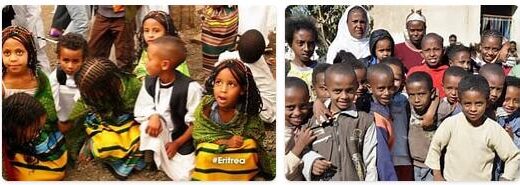Eritrea 2014
Yearbook 2014 Eritrea. Eritrea population in 2020 is estimated at 3,546,432. The regime’s severe repression received increased international attention during the year. Eritrea was described as Africa’s North Korea, and the United Nations Human...
